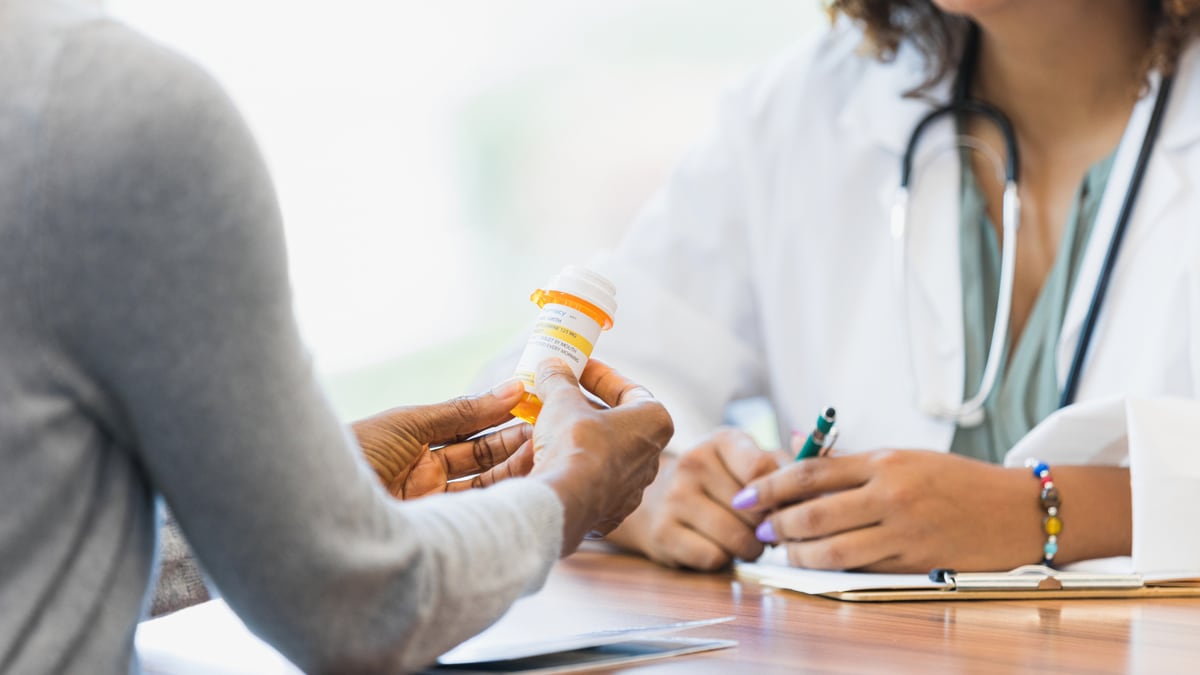What to know
If you are diagnosed with gonorrhea or chlamydia get treated, tell your partner, and get retested. This page includes more details for each of these steps.

Get treated
Why?
Many people with gonorrhea or chlamydia don't have symptoms. This matters because an untreated infection can lead to serious and permanent health problems, even if you never have symptoms. Gonorrhea and chlamydia can be cured with the right medicine from your healthcare provider. Just make sure you take your medicine exactly as your healthcare provider tells you to.
Where?
Your healthcare provider can prescribe antibiotics to cure gonorrhea and chlamydia. If you don't have insurance or want to see someone else for treatment, there are low-cost or free options. Testing and treatment are available at your local health department's clinic, family planning clinics, student health centers, or urgent care clinics. You can also find a clinic using GetTested and ask if they offer treatment for gonorrhea and chlamydia.
What happens if I don't get treated?
- In women, untreated chlamydia or gonorrhea can cause pelvic inflammatory disease (PID) which can lead to ectopic pregnancy or infertility.
- In men, untreated chlamydia and gonorrhea can cause a painful condition in the tubes attached to the testicles. And in rare cases this may lead to infertility.
- Untreated chlamydia or gonorrhea may also increase your chances of getting or giving HIV.
Tell your partner
Why?
Your partner have an infection and not know it. If left untreated, chlamydia and gonorrhea can cause serious health problems. Your partner might also pass the STI back to you.
Being diagnosed with an STI can cause strong emotions. Before blaming, know that STIs are common and don't always cause symptoms. It is possible that you or your partner got the STI in a previous relationship without knowing it. Keeping that in mind, talk to your partner as soon as possible. Be honest and straightforward.
You should listen to your partner's concerns and offer accurate information about the STI and treatment. Give your partner time to absorb this information. Help your partner understand that they may also have the STI. Sometimes, no one knows for sure who had the infection first.
What next?
Just like you, your partner needs to receive medical care as soon as possible.
Your partner should share which infection you were diagnosed with to help them get the correct tests and treatment.
Get retested
Why?
Getting gonorrhea and chlamydia is common. Even if you and your partner took medicine, you should be retested in three (3) months. Set a reminder if you need to.
How?
GetTested.CDC.gov will help you find a testing center near you. Most are little to no cost.
